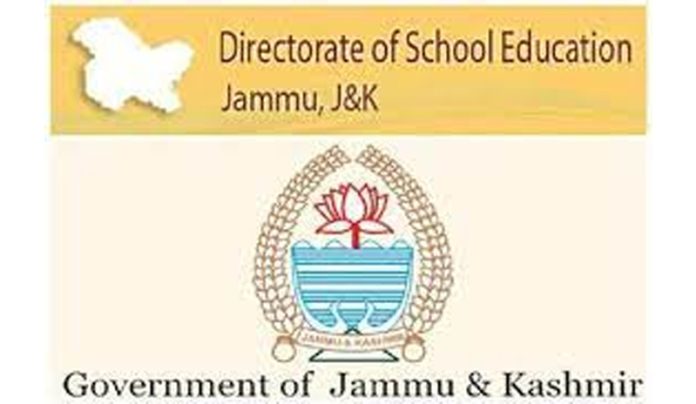10 sanctioned VR labs already completed: Director
Excelsior Correspondent
JAMMU, Jan 21: The Jammu and Kashmir School Education Department (SED) is set to submit another requisition for the establishment of “one Virtual Lab in each zone” of the Union Territory. The initiative aimed at fostering a scientific temperament among students.
The previous request, seeking approval for 188 Virtual Labs (one in each zone), faced challenges during the Project Approval Board (PAB) meeting of the Samagra Shiksha Abhiyan with the Union Ministry of Human Resource Development. The PAB expressed concerns over pending construction work for the previously sanctioned 10 labs, allocated for the 20 districts of the UT.
Deep Raj Kanethia, Director Samagra Shiksha, overseeing the project, told the Excelsior, “Now that the construction work on the 10 already sanctioned labs has been completed, we’ll request the PAB yet again to sanction one VR lab in each zone of the Union Territory.”
“Hopefully, the PAB will grant approval to the much-needed technology in the Government schools this time, and once the project gets approval, we’ll start working for the establishment of one VR lab in each zone of the Union Territory,” he added.
The already sanctioned 10 Virtual Reality labs for the 20 Districts of the UT were constructed at the cost of Rs 20-25 lakh each.
Pertinently the Virtual Reality labs allow the users to navigate through virtual reality representations of products yet to be realized using VR technologies. The labs also enhance the visualization of designs, develop immersive VR environments, and test new VR and AR technologies.
These labs will bring a new dimension to the learning experience in the Government schools as the immersive learning that the VR brings will make it fun and engaging for the students.
Virtual labs facilitate the creation of student login IDs, leaderboards to track performance, lab exams, individual assignments, and assessments by teachers. The technology promotes conceptual understanding, particularly in microscopic and abstract concepts, enhancing visual impact during experiments.
The labs also enable students to perform experiments in Physics, Chemistry, or Biology in 3D multiuser worlds, simulating real learning experiments. Students work on virtual courses in a lab setting, monitored by a facilitator at the school, with instruction provided both synchronously and asynchronously.


